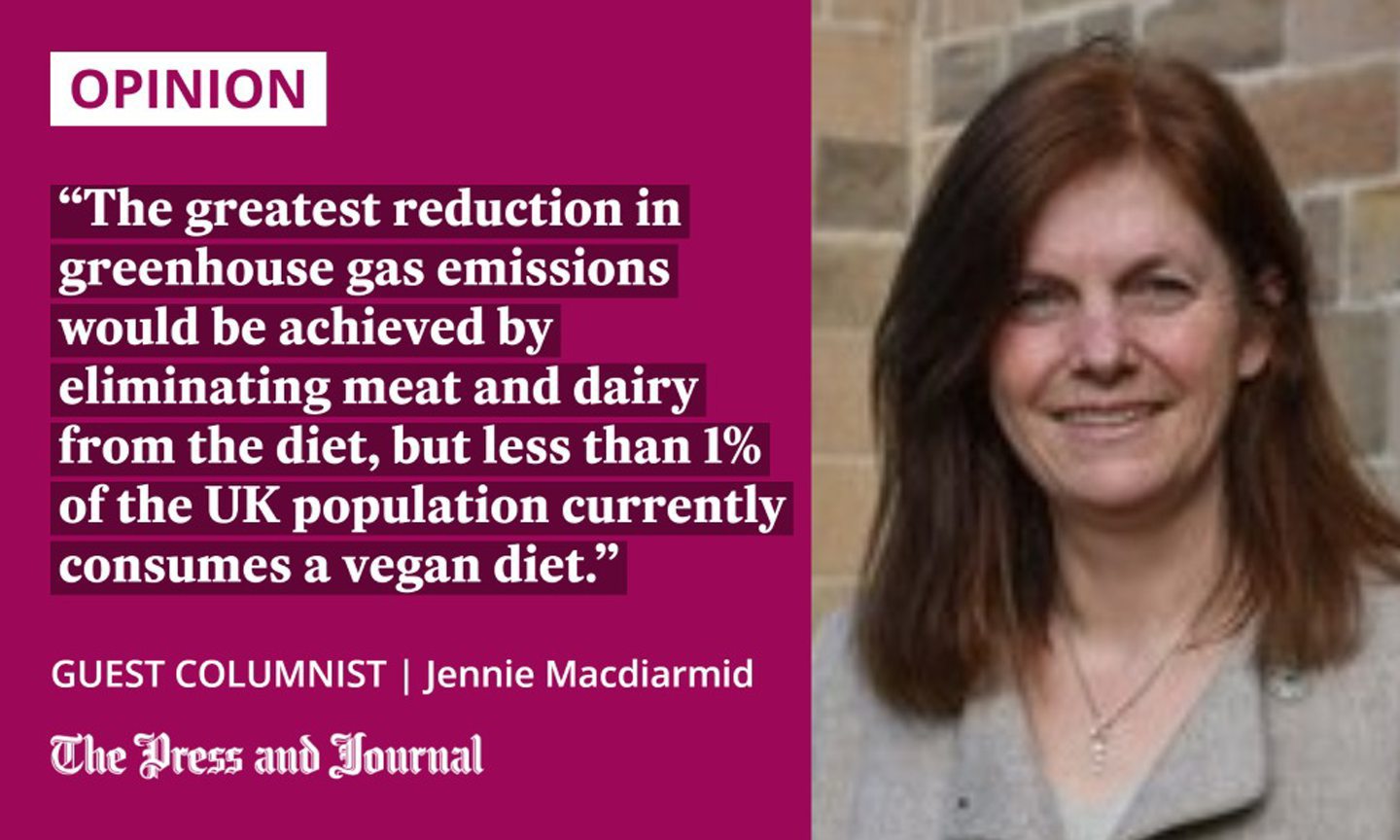The food we eat affects not only our own health but that of our planet.
Production and consumption patterns today are having a detrimental impact on the environment, threatening food security in many countries. The food system is said to be responsible for about 20 to 30% of global greenhouse gas emissions.
We know that malnutrition, which includes under- and overconsumption, and micronutrient deficiencies, has a devastating impact on health. According to a recent United Nations study, more than 800 million people globally went hungry in 2020 while, at the same time, obesity is increasing, with approximately one billion obese people in the world.

Recent events in Ukraine highlight how food security can be affected by global events and has drawn greater attention to the disparity between what nations can produce and dependency on imports. In addition, the Covid-19 pandemic, increase in food and fuel prices, and extreme weather linked to climate change are creating a perfect storm for food insecurity.
A significant global rise in food insecurity is inevitable without intervention. Both production and consumption patterns urgently need to be transformed to improve health, increase food and nutrition security, and limit the damage to the planet.
Dietary changes will vary across economies
Our work at the University of Aberdeen explores possible solutions to this, by looking at how we can move towards healthier and environmentally sustainable diets, which are both affordable and accessible.
Sustainable diets are defined by the UN Food and Agriculture Organization as those “with low environmental impacts which contribute to food and nutrition security and to healthy life for present and future generations. Sustainable diets are protective and respectful of biodiversity and ecosystems, culturally acceptable, accessible, economically fair and affordable; nutritionally adequate, safe and healthy; while optimizing natural and human resources.”
But, efforts to meet this definition cannot take a “one size fits all” approach. The types of dietary changes needed will vary across different economies, with those in higher income countries needing to reduce consumption of foods contributing to high emissions, such as animal-based products. However, consideration is required to ensure any dietary change will benefit both human and planetary health.
One approach we took to establish what sustainable diets could look like in practice was to use mathematical modelling techniques to create diets that met nutrient requirements, while at the same time would reduce greenhouse gas emissions. We began with diets in the UK with an awareness that, for change to be successful, new diets must be both familiar and palatable to the consumer.
The results showed a general reluctance to reduce meat consumption
The greatest reduction in greenhouse gas emissions would be achieved by eliminating meat and dairy from the diet but, despite the increased profile of veganism, less than 1% of the UK population currently consumes a vegan diet. For this reason, these substantial changes are unlikely to be acceptable to the vast majority.
Furthermore, while a totally plant-based diet can provide most micronutrients, removing all animal products should be carefully managed to prevent micronutrient deficiencies.
It all comes down to protecting the environment
We used focus group discussions with adults and young people, and behavioural experiments to explore attitudes toward sustainable diets and the willingness to make dietary changes, especially eating less meat. The results showed a general reluctance to reduce meat consumption.
Despite some people being concerned about climate change, few were aware of the link with food. They saw other behaviours, such as recycling or reducing packaging, as more acceptable.
To build on this research, we incorporated other environmental attributes to determine the contribution of current diets in the UK to land use, both domestically and abroad, and how this land footprint could be reduced.
Like greenhouse gas emissions, livestock and production of feed required the most land, but other commodities, such as coffee and cocoa, accounted for much of the land use abroad for the diet in the UK.
We need solutions to help global health
Alongside other studies, this research clearly illustrates the complexity of implementing sustainable diets in practice. It also highlights the importance of not looking at nutrition and health separately to see environmental impacts of the food system.
It is not an easy task but is one that we must all embrace. Our research is helping to inform the trade-offs between the key attributes of this complex problem, such as nutrition, environment, habitual consumption patterns, affordability, and the desirability and acceptability of a diet.
Evidence from our research was used to develop the Guiding Principles for Sustainable Healthy Diets, published by the Food and Agriculture Organization of the United Nations and the World Health Organization in 2019.
Aberdeen research is improving the understanding of sustainable diets at a critical time when solutions are needed to tackle climate change and the global health crisis.
Jennie Macdiarmid is a professor of sustainable nutrition and health at the University of Aberdeen



Conversation